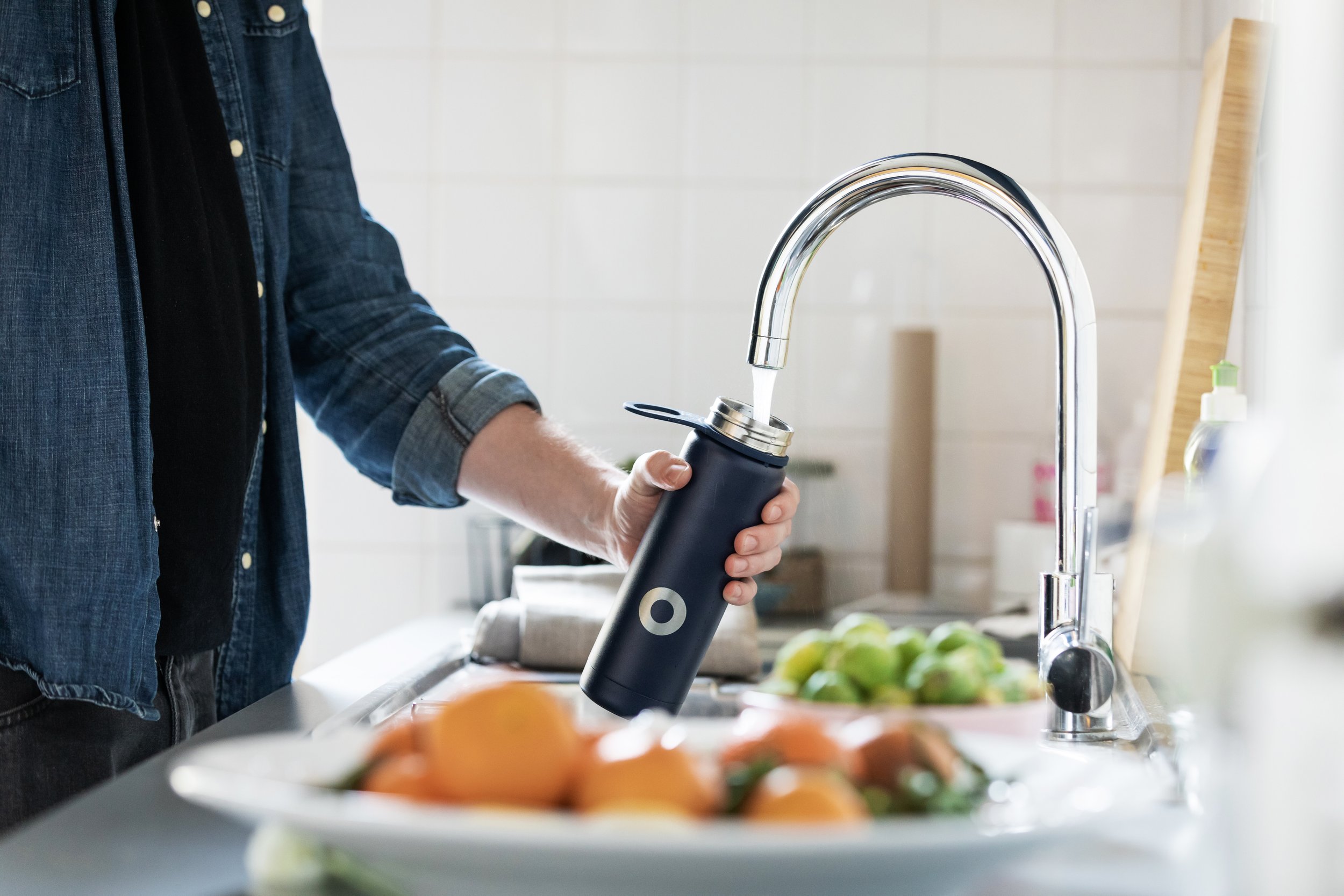How to spot Hard Water in Spokane Homes, and what to do if you have it in yours
But before you dive in to buying a home in Spokane, let's talk about an important and very common factor in homes in this region: hard water.
Don't worry, it's not as daunting as it sounds! In this guide, we'll explore what hard water is, signs to look for, and the different methods available to combat it. Let's turn hard water into smooth sailing!
Understanding Hard Water in Spokane Homes
Hard water, which contains elevated levels of minerals like calcium and magnesium, is a common occurrence in Spokane. The region's water source, the Spokane-Rathdrum Aquifer, contributes to this. But what does it mean for your home? Hard water can lead to limescale buildup in pipes and appliances, reduced soap lathering, and unsightly mineral stains on fixtures.
Additionally, showering with hard water can make your hair feel dry and dull, or even create buildup in your hair over time.
However, fear not! There are effective ways to mitigate these issues and improve your water quality.
The Signs: How to Know if There is Hard Water in Your House or one you plan to buy?
The Obvious: If you’re touring a home and see a water softener (seen here), you can probably assume there is hard water servicing the house!
Limescale Buildup: Check faucets, showerheads, and other plumbing fixtures for white, crusty deposits known as limescale. These mineral deposits are a telltale sign of hard water. Heavy limescale buildup can hinder water flow and affect the performance of your fixtures.
Stained Fixtures and Appliances: Hard water can cause reddish-brown or yellowish stains on sinks, bathtubs, and toilets. These stains are caused by minerals in the water reacting with soap scum and can be difficult to remove. Additionally, look for mineral deposits or discoloration on appliances like dishwashers, coffee makers, and water heaters.
Soap and Detergent Issues: Hard water can make it challenging to create a good lather with soap and detergent. If you notice that your soap doesn't produce as much foam or your laundry feels stiff and less clean, it may be a result of hard water.
Plumbing System Concerns: Keep an eye out for signs of plumbing issues that could be linked to hard water. These include clogged or reduced water flow, frequent pipe leaks or bursts, and a shortened lifespan of plumbing fixtures and appliances due to mineral buildup.
Water Test Results: Ask the seller or realtor if they have any water hardness test results or documentation from previous inspections. This information can provide valuable insights into the water quality and help you make an informed decision.
Water Softeners: The Heavy Lifters
Water softeners are your best friend when it comes to combating hard water. These whole-house filtration systems use an ion exchange process, replacing calcium and magnesium ions with sodium or potassium ions. Water softeners are highly effective, removing minerals and preventing scaling. With proper maintenance, such as salt refilling, they can last around 10 to 15 years, ensuring you enjoy silky-smooth water throughout your home.
Reverse Osmosis: Sip with Confidence
If you're concerned about drinking water quality, a reverse osmosis (RO) system can be a game-changer. RO systems employ a semi-permeable membrane to filter out dissolved solids, including minerals. While they may not eliminate all hardness, they provide excellent drinking water filtration. Keep in mind that RO systems are typically installed under the sink, and their effectiveness and lifespan depend on usage and maintenance.
Point-of-Use Filters: Targeted Solutions
For specific outlets like faucets and showerheads, point-of-use filters offer localized hard water treatment. These filters can reduce some minerals and contaminants, enhancing water quality for specific tasks. However, they have shorter lifespans and limited effectiveness against hard water throughout the entire house. Consider them as supplementary solutions for targeted needs.
Consulting the Water Experts
Remember, finding the ideal water treatment solution requires professional guidance. Water treatment specialists can assess the hardness level of the water in your potential home and provide tailored recommendations. They'll help you choose the right method, whether it's a water softener, an RO system, or point-of-use filters, to ensure your water is as refreshing as a dip in the Spokane River.
Embrace Your Smooth Water Journey!
Now that you're armed with knowledge about hard water and its mitigation, you can confidently navigate the home-buying process. Keep an eye out for signs of hard water during tours, such as limescale buildup and stained fixtures. And when the time comes, consult with water treatment professionals to find the best solution for your specific needs. Say goodbye to hard water woes and hello to a fresh start in your new Spokane home!



